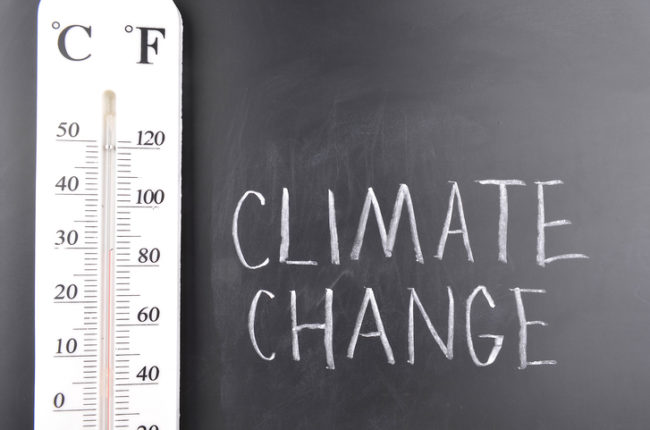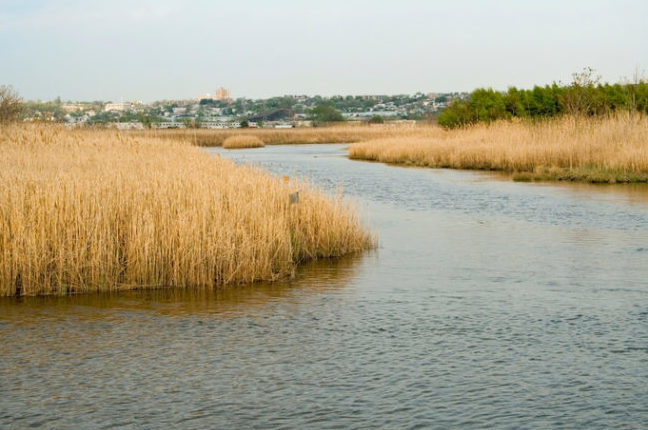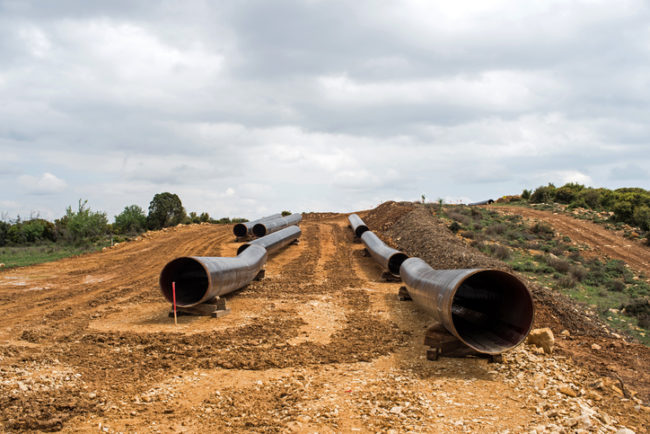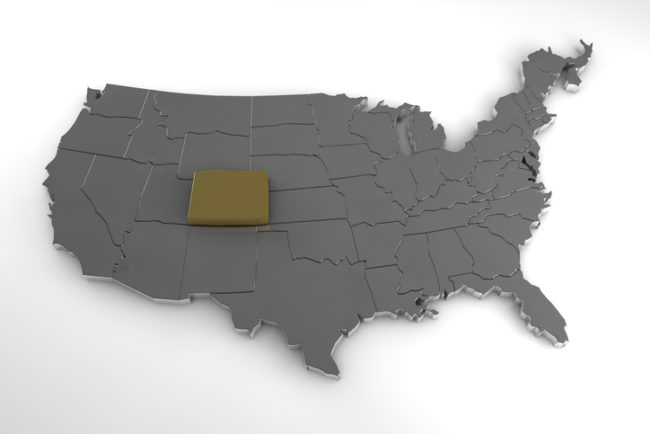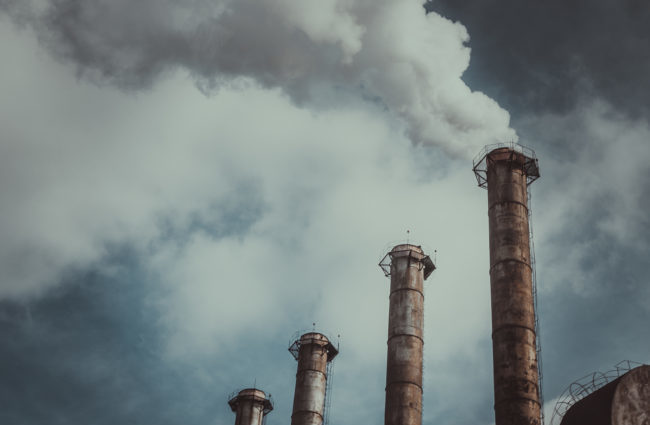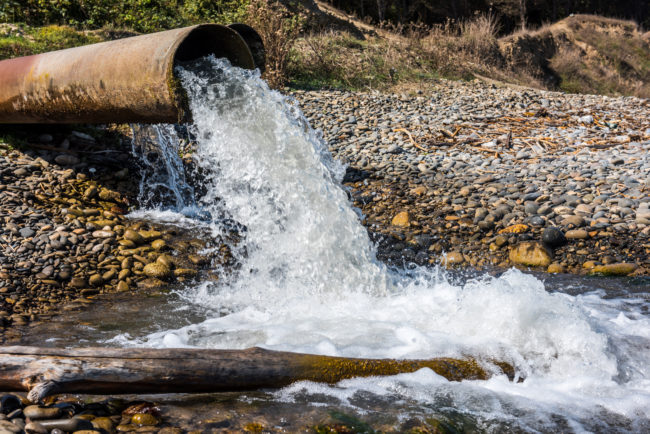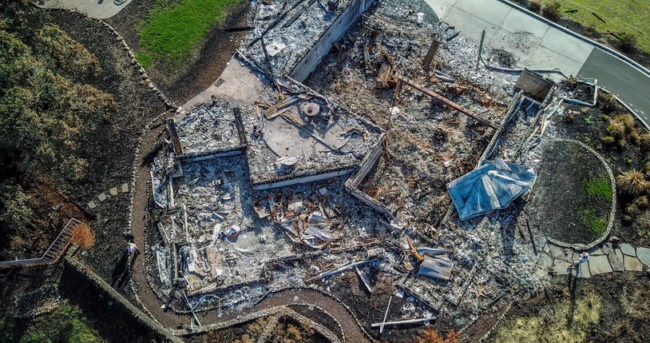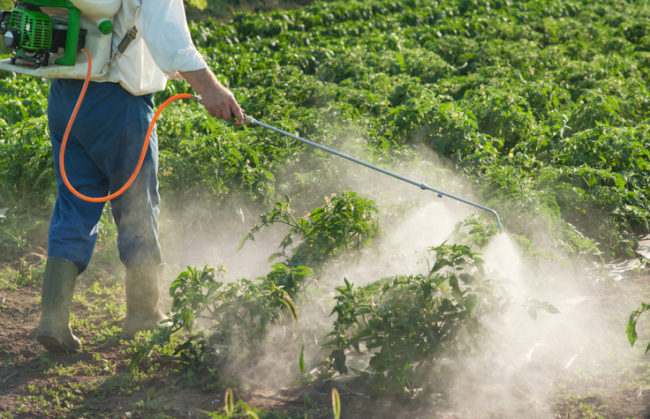Despite the miserable cold and wet April weather experienced by most of the eastern half of North America, April 2018 turned out to be the third warmest April on record, continuing a streak of 400 continuous months (33 years) where the monthly average temperature was above the 20th century average. Only April 2016 and April 2017 were warmer. Nine of the 10 warmest Aprils have occurred since 2005. Especially notable was the possibility that the city of Nawabshah, located in the southern part of Pakistan, …
Continue Reading